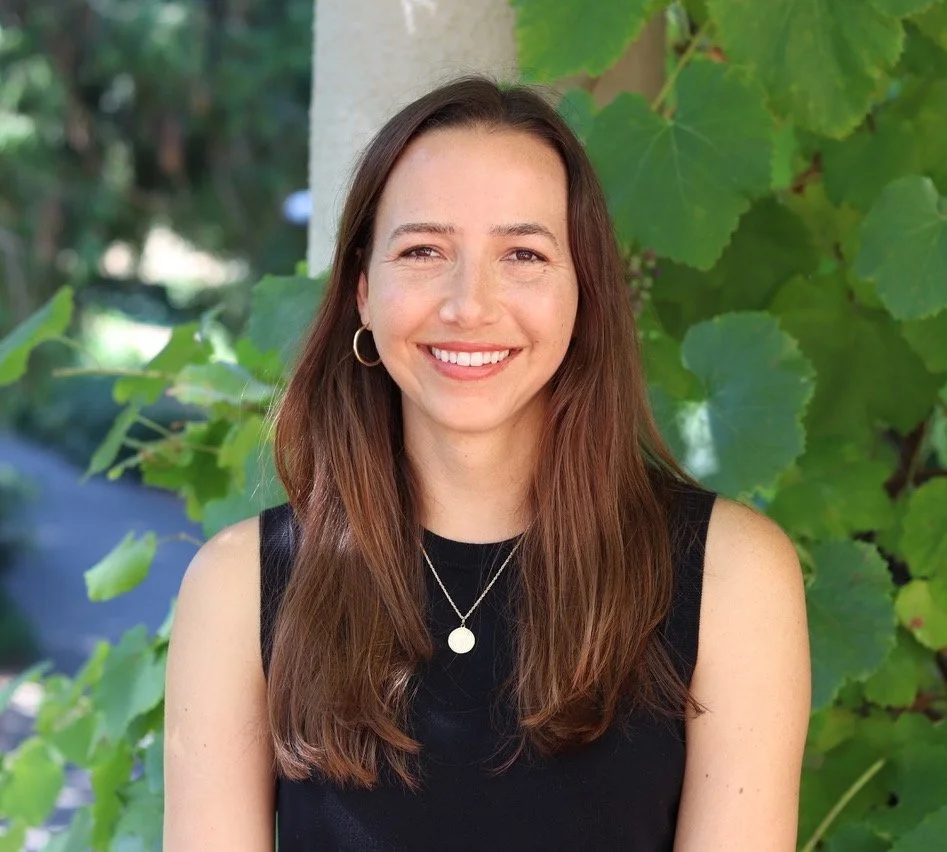It is election season in the United States of America, causing excitement for some, trepidation for others, and perhaps even apathy for a few. It also means, when it comes to government, the public’s focus tends to be on two specific people: the presidential candidates from the major political parties rather than the nearly 22 million government workers who serve our communities in a variety of important functions, from health and safety to education and transportation and more. These workers are all too often part of a bureaucracy that does not get the positive attention—or credit—it deserves. So, it is a good time to remember how public service can take a backseat to politics, overshadowing the importance of the community impact and well-being of government workers beyond those in elected office, like the ones we encounter teaching our children, processing mail at our neighborhood post offices, ready to jump into action at our local fire departments, or picking up the trash from our curbs.
Read More
























